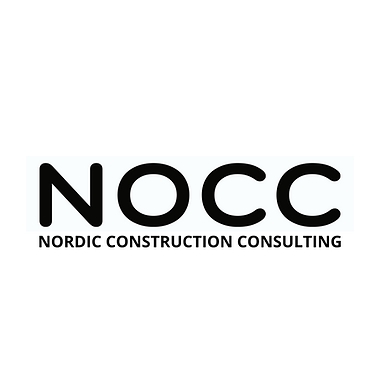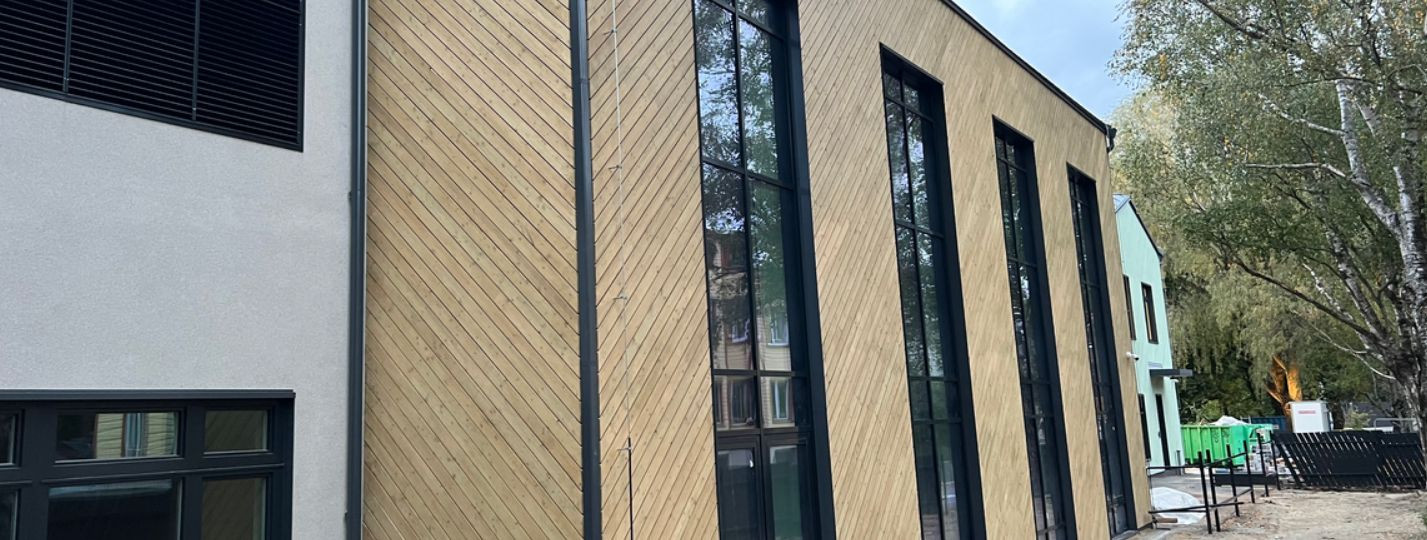How to choose the right contractor for your project
Before you begin your search for a contractor, it's crucial to have a clear understanding of what your project entails. Define the scope of work by outlining the specific tasks and objectives you want to achieve. This will help you communicate your vision effectively to potential contractors and ensure that they understand your expectations.
Establishing a realistic budget is essential for the success of your project. Consider all potential costs, including materials, labor, permits, and unexpected expenses. Having a well-defined budget will help you narrow down your options and choose a contractor who can deliver quality work within your financial constraints.
Time is often a critical factor in construction projects. Determine a timeline that aligns with your goals and availability. Be sure to communicate this timeline to potential contractors to ensure they can meet your deadlines. A well-planned timeline will help you avoid delays and keep your project on track.
2. Researching Potential Contractors
When selecting a contractor, it's important to verify their credentials and experience. Look for contractors who are licensed and have a proven track record in handling projects similar to yours. Experienced contractors are more likely to deliver high-quality work and navigate any challenges that may arise during the project.
Reviewing a contractor's past projects and speaking with previous clients can provide valuable insights into their work quality and reliability. Ask for references and take the time to visit completed projects if possible. This will give you a better understanding of the contractor's capabilities and attention to detail.
Effective communication is key to a successful contractor-client relationship. During your initial interactions, pay attention to how well the contractor listens to your needs and responds to your questions. A contractor who communicates clearly and promptly is more likely to keep you informed throughout the project.
3. Comparing Quotes and Proposals
When reviewing quotes from different contractors, it's important to understand the breakdown of costs. Ensure that each quote includes detailed information about labor, materials, and any additional expenses. This will help you compare proposals accurately and avoid any hidden costs.
Evaluate the proposed timeline for each contractor to ensure it aligns with your project goals. Consider factors such as the contractor's availability, the complexity of the project, and any potential delays. A realistic timeline is crucial for maintaining project momentum and meeting your deadlines.
Before making a decision, carefully review the contract terms and conditions offered by each contractor. Pay attention to payment schedules, warranties, and any clauses related to changes in project scope. A clear and comprehensive contract will protect your interests and minimize the risk of disputes.
4. Ensuring Contractor Reliability
Ensure that the contractor you choose is properly insured and licensed to perform the work. This protects you from liability in case of accidents or damages during the project. Request proof of insurance and verify the contractor's license with the relevant authorities.
Inquire about the warranty and aftercare services offered by the contractor. A reliable contractor should provide a warranty for their work and be willing to address any issues that arise after project completion. This demonstrates their commitment to quality and customer satisfaction.
For homeowners and developers interested in sustainable living, it's important to choose a contractor who prioritizes environmentally friendly practices. Ask about their approach to sustainability, including the use of eco-friendly materials and energy-efficient construction methods.
5. Making the Final Decision
After conducting thorough research and evaluations, trust your instincts when making the final decision. Choose a contractor who not only meets your criteria but also makes you feel confident in their ability to deliver a successful project.
Consider the potential for a long-term relationship with the contractor. A contractor who values ongoing partnerships is more likely to prioritize your satisfaction and provide consistent quality in future projects.
Once you've chosen the right contractor, prepare for a successful partnership by maintaining open communication and setting clear expectations. Regular updates and collaboration will help ensure that your project is completed to your satisfaction.






Comments (0)